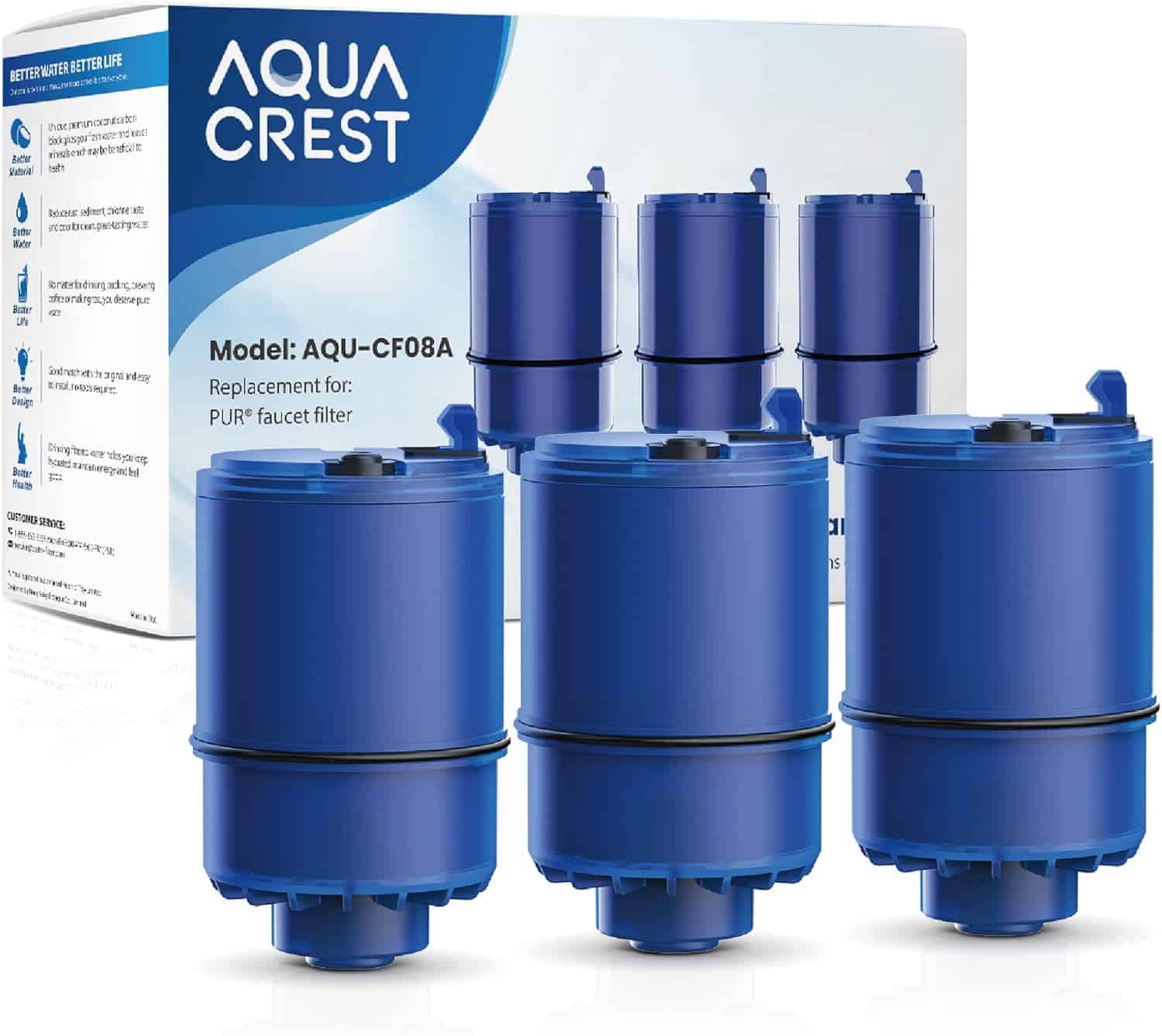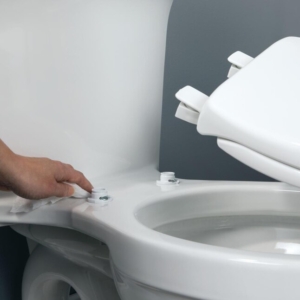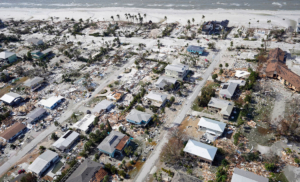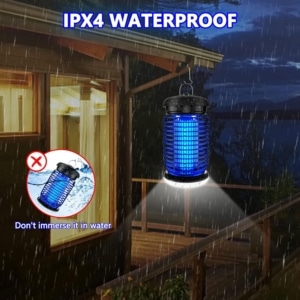Learn Why You Need A New Construction Home Inspections
New construction home inspections are an important part of the process of purchasing a new construction home. A thorough and professional inspection can help you make sure that your new property is safe and sound, without hidden defects or structural problems. A home inspector will look at every inch of the house, from foundation to roofing, to identify any issues that could potentially cause safety and financial concerns down the road.
Inspectors can identify issues such as substandard wiring, faulty plumbing, and structural weaknesses that may not be immediately visible to the human eye. These issues could have serious implications for your safety and investment in the future. A professional home inspector will also check for compliance with local building codes, ensuring that your new home meets all the necessary safety requirements.
Home inspections should also be conducted for newer homes, as even brand-new houses can have electrical wiring, plumbing, and structural problems which may go unnoticed to the untrained eye. Having a professional inspector thoroughly evaluate every aspect of your property can give you peace of mind and help protect you from investing in an unsafe or overly expensive house.
It is important to remember that while an inspection cannot guarantee that your home is free of imperfections, it can alert potential buyers to existing issues so they can decide whether or not they are willing to accept them before committing to a purchase. A home inspector will provide you with detailed reports on their findings, allowing you to make informed decisions about your potential new home.
By taking the time to have a professional home inspection conducted, you can reduce the chance of unforeseen surprises after closing and ensure that your new property meets all safety requirements. A home inspection is an important step in ensuring that your investment is sound and well-protected for years to come.
The four main components of a home are the roof, electrical, hvac and plumbing systems. A new construction home inspection will check each of these components for safety and compliance with local building codes. In addition, the inspector may look for potential signs of future problems such as water damage, structural issues or fire hazards.
The inspection is also a great time to ask questions about any concerns you may have regarding your new property.
At the end of the inspection process, you should receive a detailed report outlining the inspector’s findings and recommendations. This information can help you decide whether or not to proceed with purchasing the new construction home, while giving you peace of mind that your investment is well-protected.
By investing in a professional home inspection when buying a brand new house, you can protect yourself from costly repairs down the road. You typically have one year from the time you purchased the property to bring up any issues with the property to your builder. But if you don’t have experienced identifying these issues, how we will know?
The home inspector is verifying installations, performance and using building science to give you as much information as possible.
There are 3 phases that a new construction home inspections can happen in. We suggest scheduling all 3 inspections because if you only do a final inspection once the home is completely built then you have missed the opportunity to verify the concealed areas were installed correctly.
New Construction Home Inspections Phases
- Phase 1 – Pre-Drywall Inspections: These are scheduled before the drywall goes up in the home.
- Phase 2 – Final Inspections: These are scheduled 2-3 days before your final walk-through with the builder.
- Phase 3 – One-Year Warranty Inspections: These should be scheduled around the 11-month mark, and definitely before the 1-year warranty has expired
Internachi Home Inspection Standards of Practice and Ashi Home Inspection Standards of Practice are the two most used standards of practice that home inspectors follow for new home inspections. Keep in mind the homes’ materials are new but the folks that assemble the home are human and we all make errors.
As always, if you have any questions please don’t hesitate to reach out to us. We would be happy to help clarify anything that may still be unclear.






Pingback: What Is A Lintel? Why Does It Matter? - GGR Home Inspections
Pingback: Comfortable with the home inspection process? 1st Stop – GGR Home Inspections